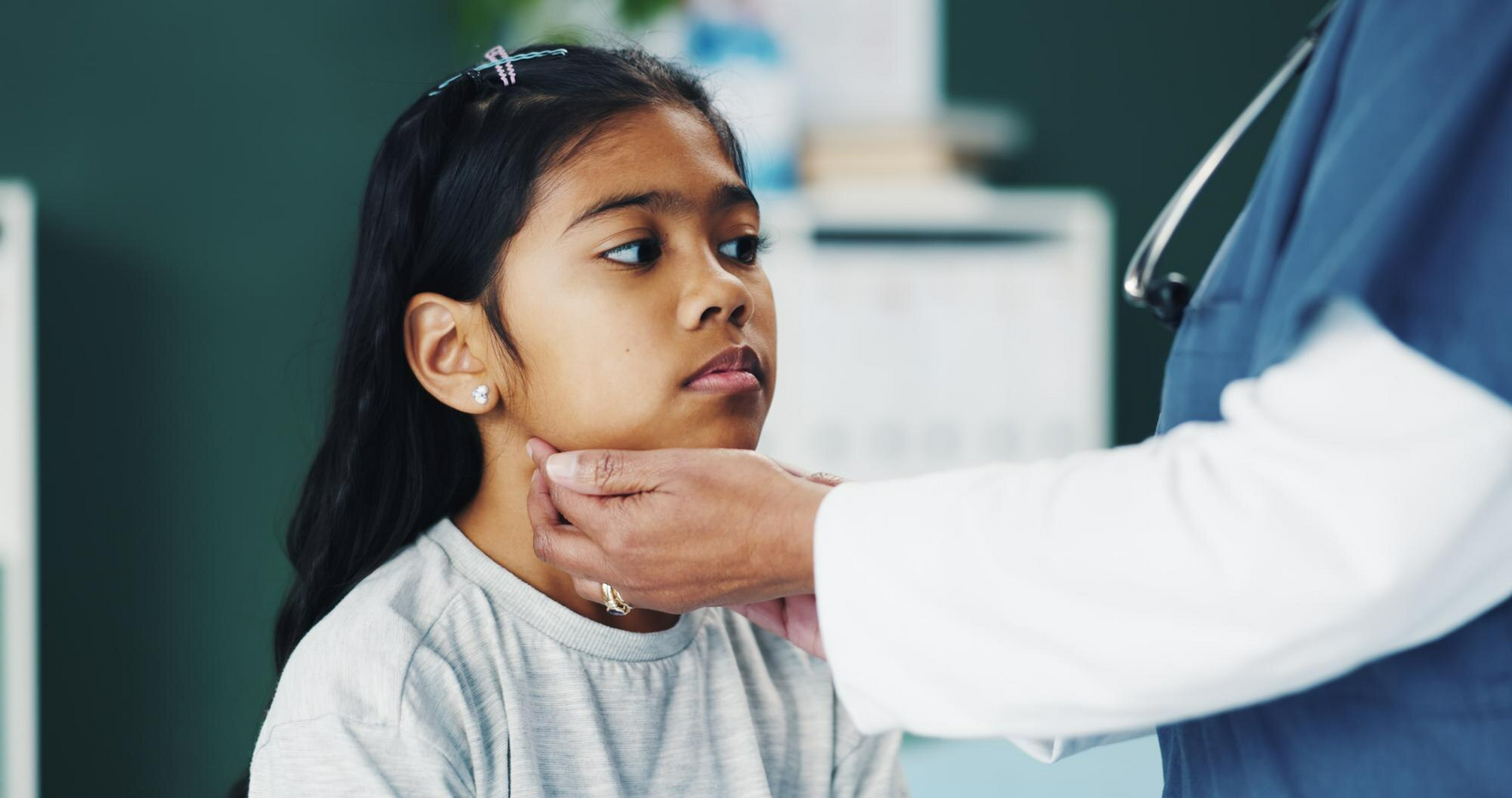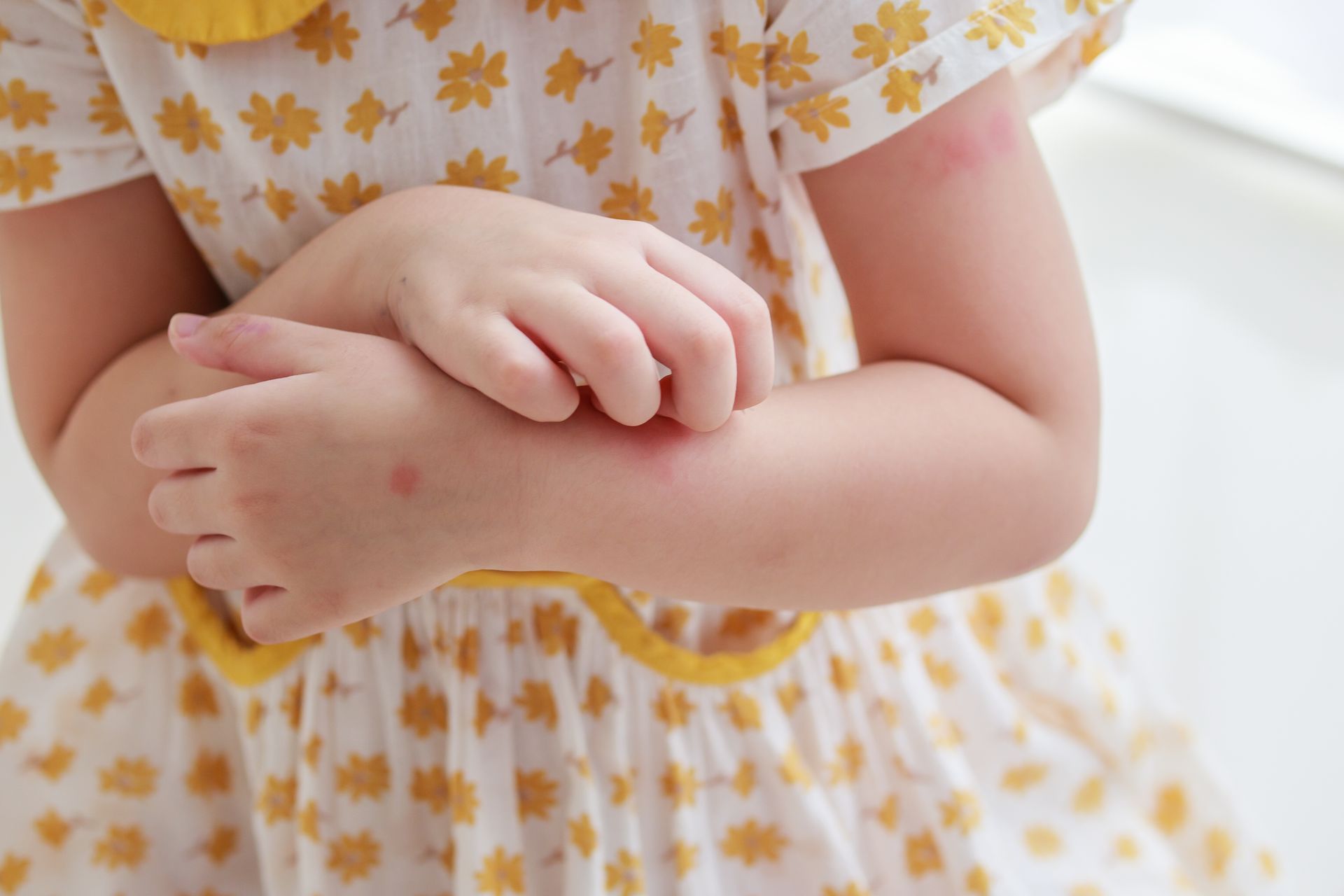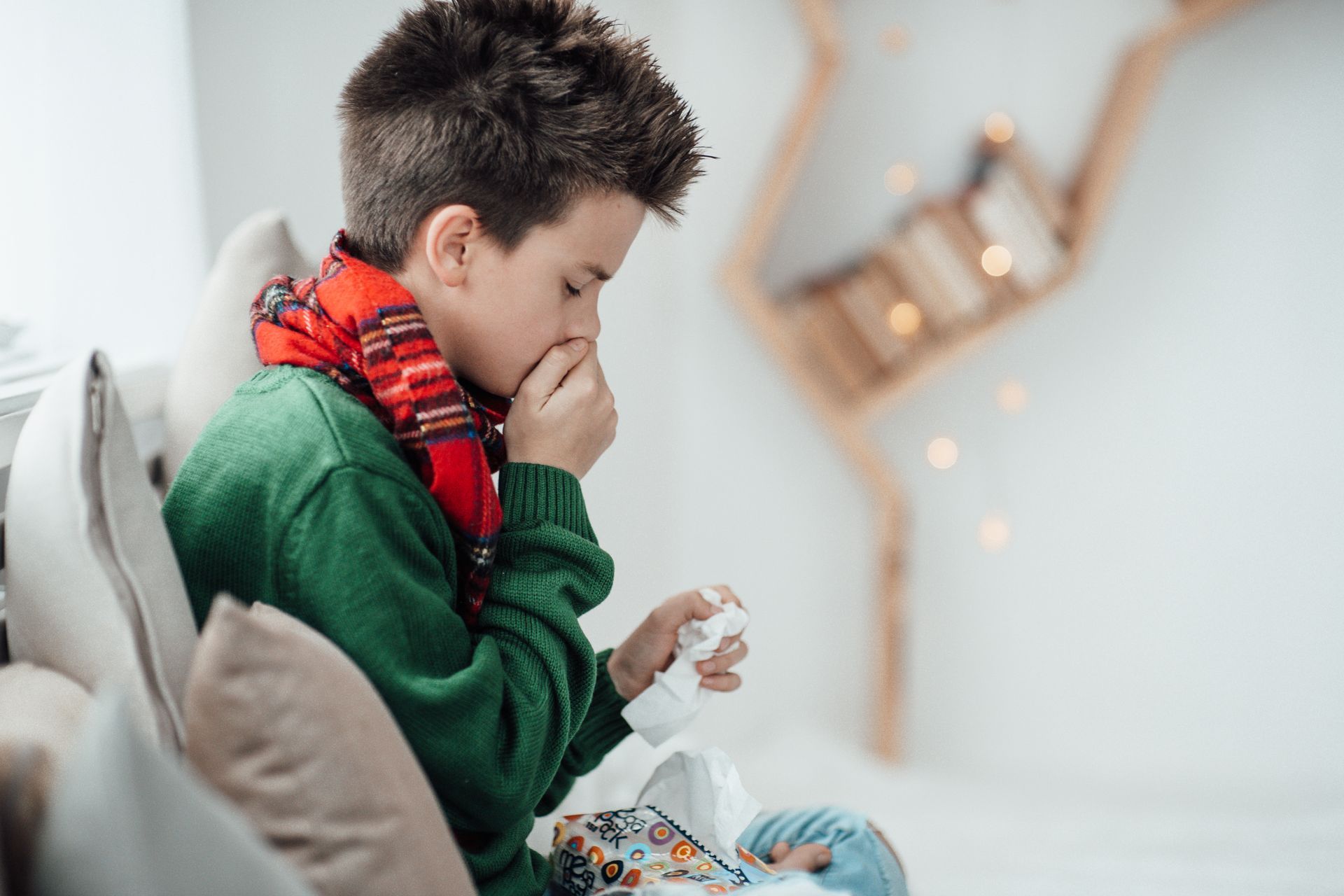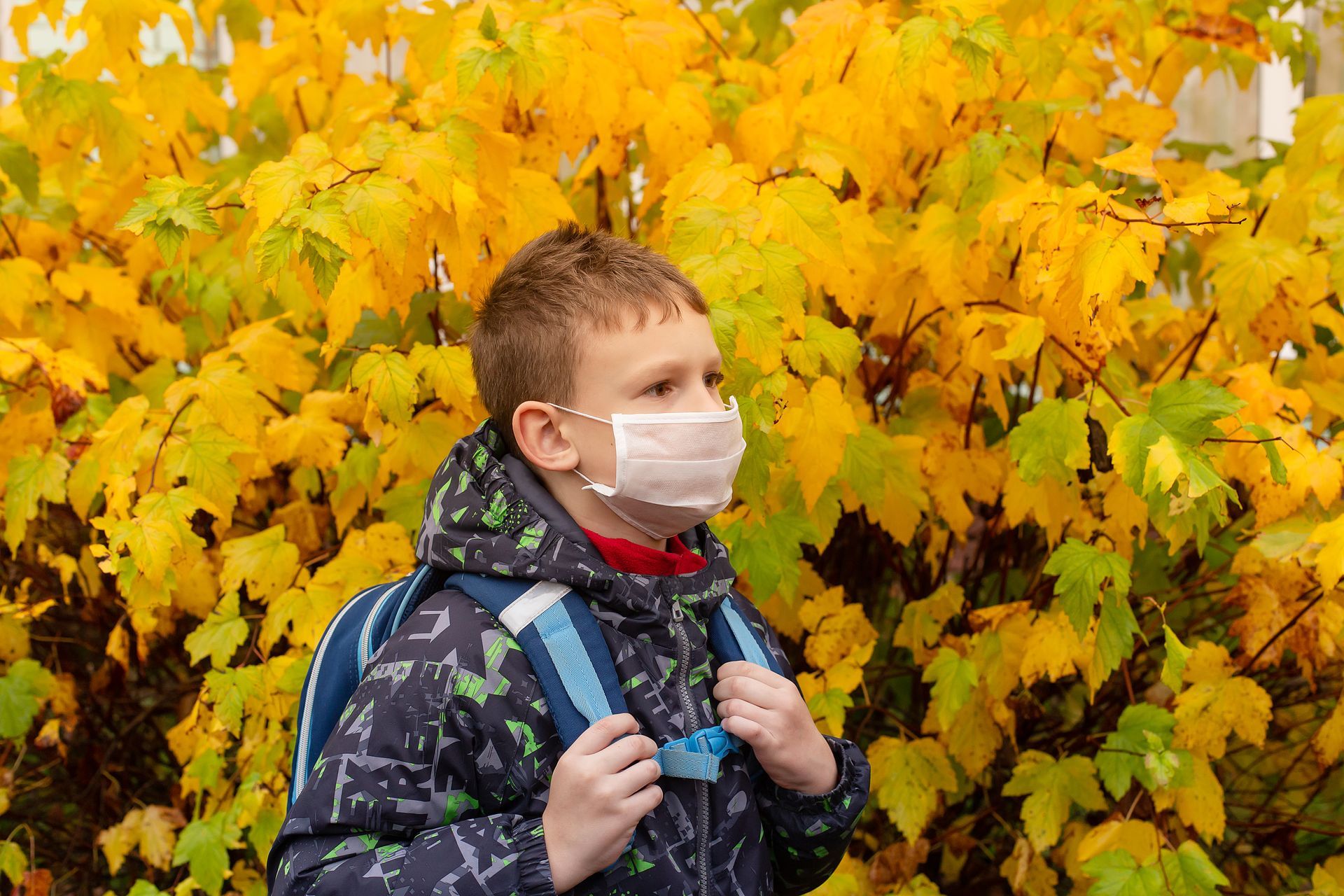The Truth About Food Allergies and Children
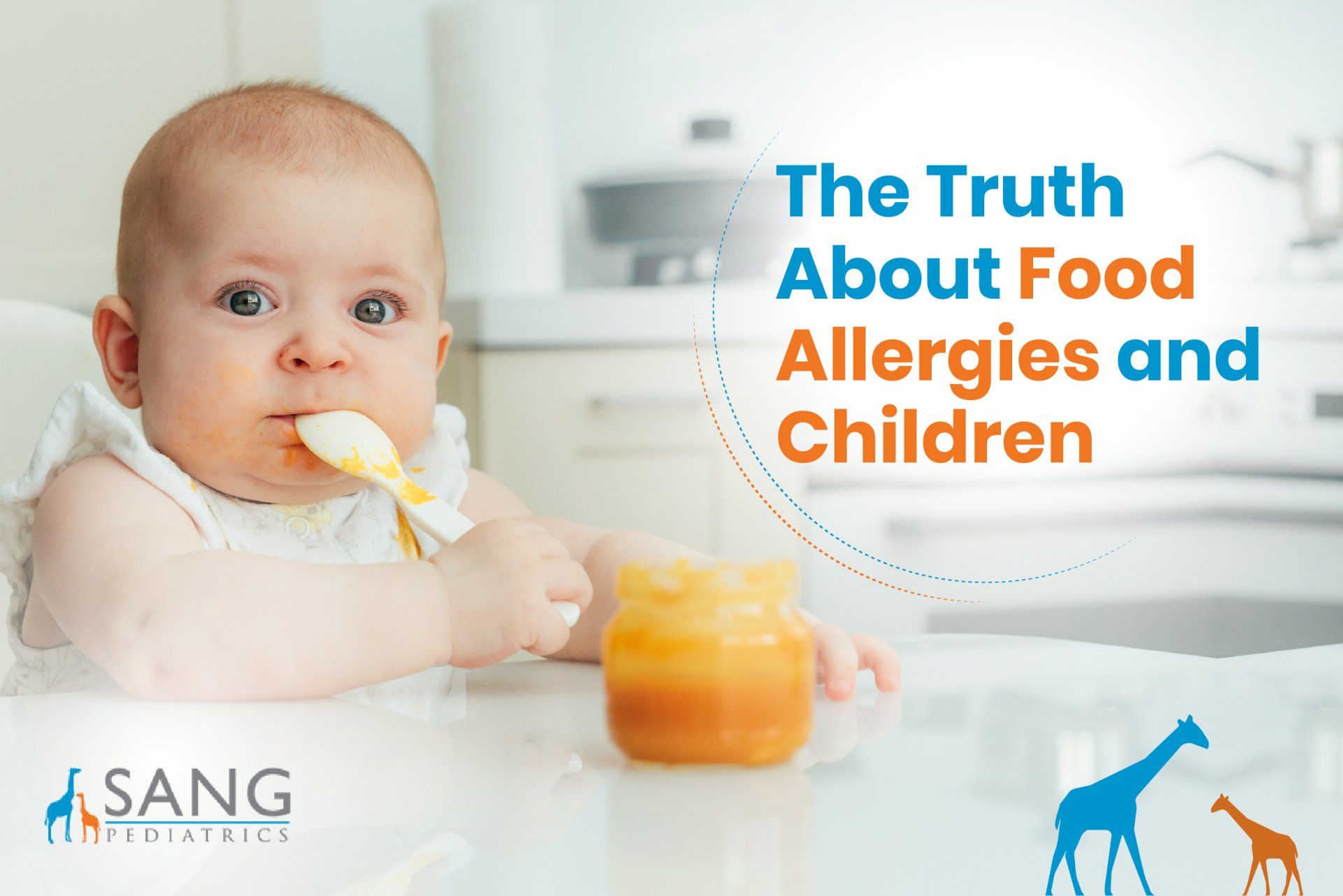
Food allergies are becoming more common in the United States. In fact, the Centers for Disease Control (CDC) estimates that 1 in 13 children suffer from some kind of food allergy. Now that it's becoming more common, you may also wonder if your child is developing one. Or perhaps you fear that your child's condition may only get worse. Allergies can pose a severe health concern, so it's essential to know how to deal with them.
In this article,
Sang Pediatrics discusses everything you need to know about food allergies in children so that you are well prepared for dealing with this allergy type.
Food Allergy Facts Parents Should Know
A food allergy occurs when your body mistakes specific proteins in food for harmful ones, leading to the production of antibodies called immunoglobulin E (IgE). This antibody-antigen reaction triggers other substances in the body to release histamine and other inflammatory substances, which cause an allergic reaction. Although some people have mild reactions to certain foods, others have more serious, even fatal allergic reactions like anaphylaxis.
Cases of food allergies often develop during childhood, particularly the first year of your child's life. In a few cases, they can be outgrown by adulthood. But for most, they continue to have an allergic reaction to certain foods for their entire lives.
Which Foods Often Cause Allergies?
The top nine foods that cause allergic reactions in children are listed below. These foods contain proteins that can trigger an immune system response in some people.
- Milk
- Eggs
- Soy
- Peanuts
- Tree nuts (such as walnuts or pecans)
- Wheat
- Seeds
- Fish (An allergy to one type of fish does not necessarily mean that a person will be allergic to all types)
- Shellfish (clams, shrimp, crabs, etc.)
Moreover, allergic reactions to foods can be triggered by practically anything we eat, including the food we don't typically include as primary food, such as herbal remedies and spices.
How Are Food Allergies Diagnosed?
Observable symptoms and patient history provide the basis for diagnosing a food allergy. Additionally, your doctor will prescribe several tests to confirm your food sensitivity. These tests include
Skin-prick test: This test involves pricking your child's forearm or back with an allergen extract, then observing whether reddish raised spots known as wheals develop.
Blood Test: To check for food-specific IgE antibodies in the blood
Elimination Diet: This diet is done by eating only certain foods and noting any reactions after eating each type of food.
Food Challenge: As part of this test, a patient is gradually exposed to an increasing amount of a suspected food allergen and the doctor monitors any symptoms they experience. Considering the possibility of a life-threatening reaction, the test is typically done at an allergist's office or in a hospital with quick access to medical care.
What to Do When Your Child Has a Food Allergy
Parents are often concerned about the safety and well-being of their child when they have a food allergy. But it's important to realize that while food allergies are severe, they are manageable. With proper information and action, you can ensure a safe diet for your child.
Be Familiar with the Symptoms of an Allergic Reaction
Allergic reactions to food can cause symptoms that affect the skin, respiratory, digestive, and cardiovascular systems. The severity of food allergy reactions can also differ from person to person. Even the same person may react differently on different occasions. This makes it extremely critical to recognize and react to food allergies quickly. Symptoms include
- hives
- itchy skin rashes
- vomiting
- nausea
- swelling
- itchy, watery, or swollen eyes
- diarrhea
- stomach pain
- feeling sick
- clammy skin
Sometimes, allergies cause anaphylaxis, a severe, life-threatening reaction. In some cases, anaphylaxis starts with similar symptoms to a milder reaction but can rapidly worsen. Anaphylaxis can be fatal if not addressed right away. If your child experiences the following symptoms, administer Epipen and call 911 immediately.
- chest tightness or pain
- feeling lightheaded
- trouble breathing - such as shallow, fast breathing
- fainting or losing consciousness
- looking pale or having bluish lips
- confusion or disorientation
- wheezing
- trouble swallowing
- persistent coughing
- heart palpitations
Do not ignore it if your child experiences an allergic reaction right after eating a particular food. Visit your doctor to determine what is causing their symptoms. Even if they have had a mild reaction in the past, your child may have a more serious reaction next time. In some people, even a tiny amount can cause immediate severe symptoms.
Management and Treatment of Food Allergies
There’s no cure for food allergy. But with the help of your doctor, you can set up a treatment plan for your child. Furthermore, parents can take the following steps to manage food allergies properly.
Always Have an EpiPen® on Hand
If you have food allergies, you should always carry an epinephrine auto-injector/ EpiPens® with you in case of an emergency. Epinephrine is a safe, emergency medication used to counteract the life-threatening symptoms of a severe allergic reaction called anaphylaxis. Using an auto-injector, it injects one dose of medicine into the patient's thigh.
Since EpiPen is the only medicine that can treat anaphylaxis, having at least two epinephrine auto-injectors on hand is an absolute necessity. Wearing a medical alert bracelet or necklace is also a good idea if you have a serious allergy, as it will alert others when you become unable to communicate.
Avoid Consumption of Food Allergens
Doctors agree that the best way to prevent severe allergic reactions is to avoid eating the food that causes the allergy. You'll need to eliminate these foods from their diet and see if the condition improves. If it does improve, then you'll probably want to keep the offending food out of your child's diet permanently.
You can discuss an FDA-approved treatment,
Palforzia, with your doctor for peanut allergy. This may reduce the severity of allergic reactions resulting from accidental peanut ingestion, relieving worry among children and parents.
Safety Tips When Dining Out
When it comes to dining out in a restaurant or at a friend's house, avoiding your allergen isn't always possible. That's why it's crucial to have an auto-injector like EpiPen® on hand. Apart from that, you can also avoid allergic reactions by
- Choosing simple meals and avoiding dishes with multiple ingredients or complex preparation techniques.
- Making sure all staff members in restaurants — including the kitchen staff — understand your child's allergy and how to avoid cross-contamination. Use plain language when placing orders, so they don't get confused regarding ingredients. You can also print out food allergy information cards that detail your child's allergies.
- Avoiding family-style or buffet dining. Using the same serving utensils on different dishes may lead to cross-contamination.
- Not ordering fried foods. There is a possibility that they used the same oil for frying various foods that your child is allergic to.
Other FAQs About Allergies to Food
Is Food Intolerance the Same as Food Allergy?
Food allergy and food intolerance are not the same. Allergies to food are due to an immune reaction. On the other hand, food intolerance is not related to the immune system but occurs when someone has difficulty digesting certain substances, like lactose and gluten. While some of the symptoms are similar, food intolerance is rarely dangerous. Symptoms may include bloating, burping, diarrhea, passing gas, or headache.
Nearly 80% of people with milk, wheat, or soy intolerance will eventually outgrow the sensitivity. Around two-thirds of children with allergies to eggs outgrow them by age 5.
Can You Develop Food Allergies as an Adult?
Food allergies typically begin in childhood, although they can develop at any age. There is no apparent reason why, yet some adults become allergic to food they usually eat without issue.
Reduce the Risk of Food Allergies!
Food allergies may be inconvenient, but there are ways you can still live your life to the fullest and protect your family. Hopefully, by reading this blog, you have learned how to reduce your child's risk of severe food allergies. Contact Sang Pediatrics today if you have questions about your child's food allergies. Call (559) 268-1737 or schedule an appointment online for a consultation.



